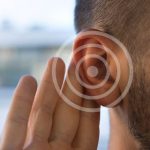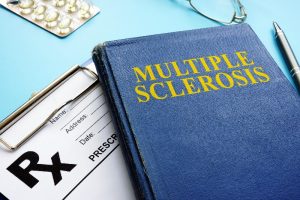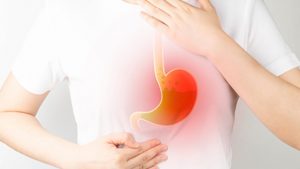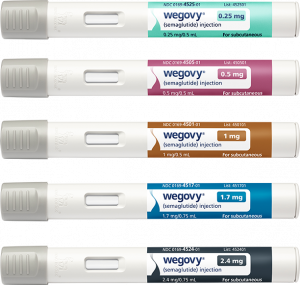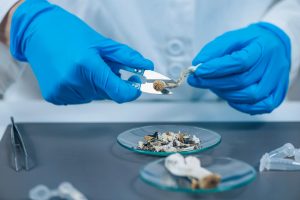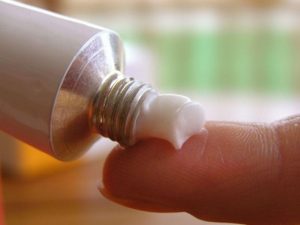
Parents in the United States may assume baby food is free of impurities, but a recent research review highlights the much different reality: Most foods made for babies and toddlers have some amount of toxic heavy metals. The contaminants include metals, such as lead and arsenic, that can harm brain development, and contribute to learning and behavior problems in children. And they are found in everything from rice cereals to formula to pureed vegetables. It’s an issue that’s been known for decades, yet most parents are probably unaware of it, experts said. “Most people would probably think that, out of all foods, baby food has to be the safest,” said Dr. Sarah Ventre, the lead author on the review and a pediatrician at the University at Buffalo, in New York. But lead, arsenic and other toxic metals exist in the soil and groundwater, finding their way into the food supply, including the products that ultimately end up in baby food. A 2019 study found heavy metals in 95% of baby foods tested. One-quarter contained traces of all four metals researchers assessed: arsenic, cadmium, lead and mercury. That study was commissioned by the nonprofit Healthy Babies Bright Futures (HBBF), and included in the new review. Jane Houlihan, research director at HBBF, agreed that the facts surprise parents, who may assume baby food is tightly regulated. “But… read on > read on >

















